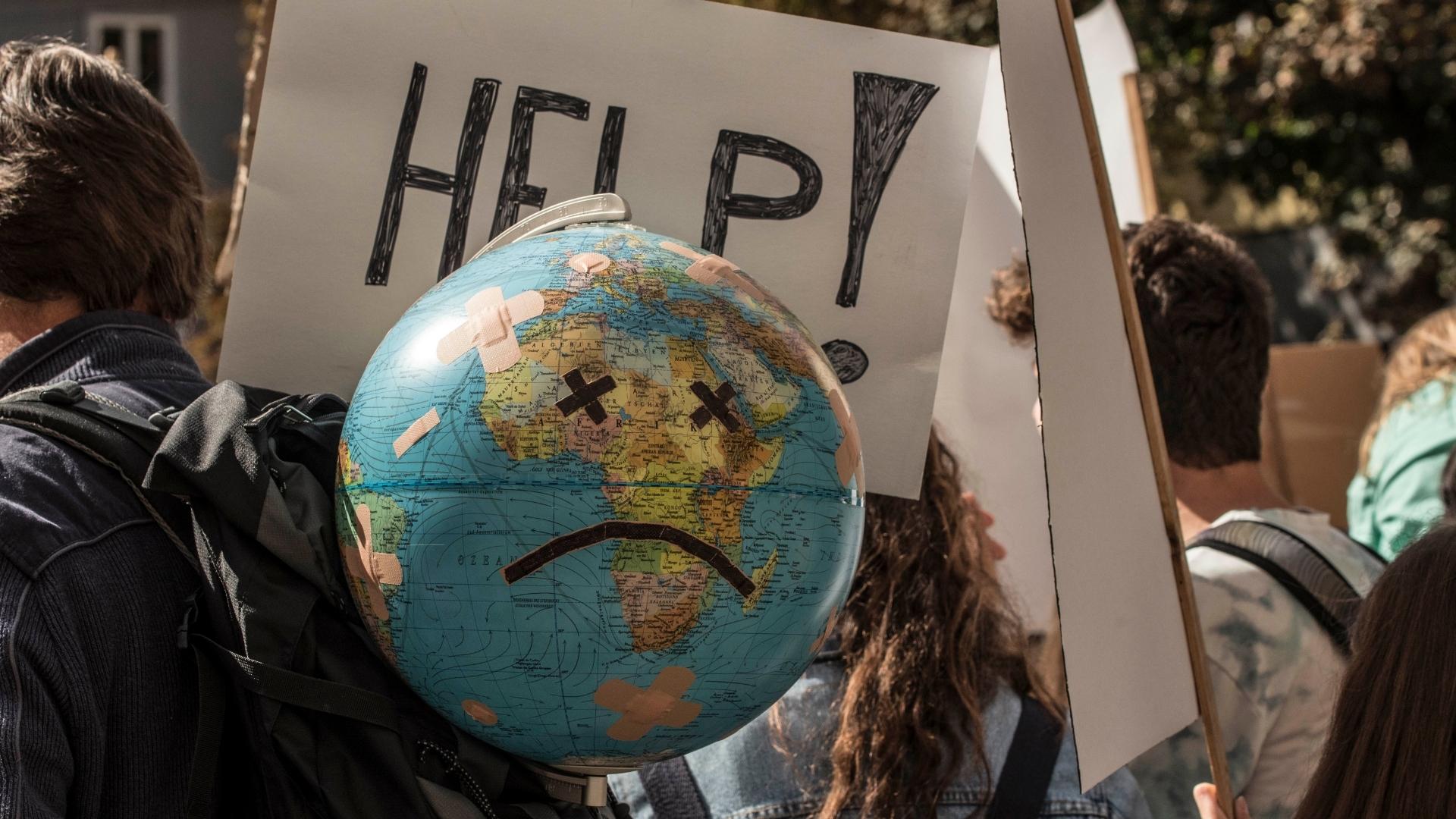Judaism teaches us to care for and preserve our Earth, and the food choices we make are an essential part of that process. Here are some of the most common questions we get on the connections between Judaism, food, and the environment. (Have a question you don’t see here? Contact us and we’ll add it to the list!)
What about regenerative agriculture?
There is no agreed-upon definition of “regenerative agriculture.” Some use the term to refer to use of cover crops; some to reducing or eliminating tillage; some to improving soil health, especially of topsoil; some to increasing biodiversity; and much more. But without any legal or other regulations, and without even a commonly understood definition, it’s impossible to know what any given person or company means by “regenerative agriculture.”
When it comes to animals, however, there are two main issues: Raising, feeding, and housing animals takes massive amounts of land; and there simply isn’t any way for regenerative practices (whatever they may be) to keep up with the overwhelming demand for animal products.
Today, 99% of meat, eggs, and dairy products are sourced from factory farms, which are responsible for deforestation, pollution (air and water), species extinction, and many other environmental calamities. Those factory farms intentionally over-breed and genetically modify animals to produce as much meat and other products as possible, as fast as possible—because consumers are ready and waiting to spend their money on it.
There’s simply no way around it: We cannot make significant environmental change without drastically reducing, if not eliminating, our reliance on animal products.
Isn’t using renewable energy more important than changing our diets?
Research shows that the largest and most effective way an individual can help to mitigate climate change is by changing their diet to one that is predominantly plant-based. Most people can’t afford to install solar panels on their roofs or purchase an electric vehicle, but many can change what foods they put on their plate immediately. On average, people who follow a vegan lifestyle can reduce their carbon footprint by up to 73%!
Doesn’t almond milk use a lot of water?
While growing almonds does use more water than other kinds of plant-based milk, all plant-based dairy alternatives are significantly less water-intensive than raising, feeding, and breeding dairy cows.
As this graph shows, dairy milk uses almost twice as much water as almond milk, while also requiring about 17 times the land use and causing about 4.5 times more greenhouse gas emissions. If we’re concerned about overuse of water in our food system—and we should be—we need to switch to plant milks!
What’s the problem with fish?
Fish are sentient creatures who feel pain and fear, but beyond those important considerations, the fishing industry is also responsible for some of the most pressing environmental damage: destroying the ecosystems of our oceans.
Research has shown that more than 100 million pounds of plastic pollution per year enters the ocean from lost fishing gear. Almost half (at least 46%) of the Great Pacific Garbage Patch is comprised of fishing nets. This plastic debris in the ocean is ingested by and causes the suffocation or entrapment of all species of marine life—a major blow to much-needed biodiversity, including and especially in coral reefs.
The fishing industry is also a major source of chemical and wastewater pollution. As just one example, in 2017, the U.S. Environmental Protection Agency (EPA) received a $6.5 million settlement from Starkist for “chemical releases.” That same facility, based in American Samoa, releases over 15 million pounds of wastewater pollutants per year. That’s just one facility, at one company. And the human rights and labor abuses, not to mention the environmental racism, must not be overlooked in their turn.
I have another question.
Contact us and we’ll be happy to answer it for you!
